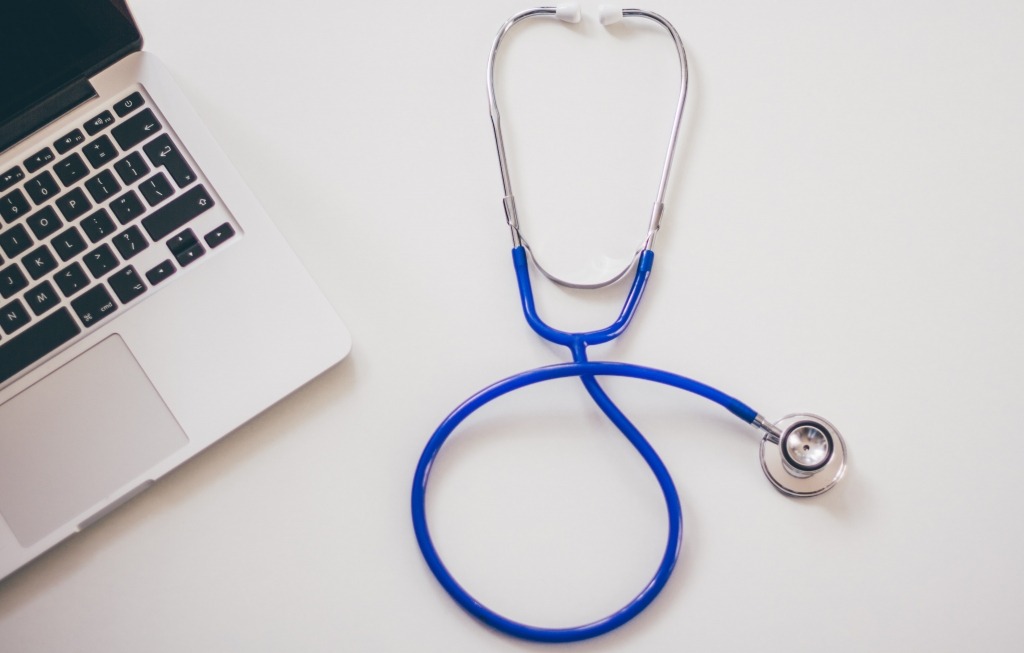As a self-employed physician, your tax structure and deductions are different from a salaried physician. If you’re making the transition from a salaried employee to that of an independent, self-employed physician, you’re going to need a clear understanding of what expenses to track, what items are deductible, and how you can prepare for tax season. Read our blog about tax deductions and tips for self-employed physicians. If you have further questions about how Gallo LLP can be of assistance to your business, contact us! We’d love to speak with you.
What makes filing taxes as a self-employed physician different from salaried medical professionals?
As a self-employed physician, the key difference in filing taxes is how you file. This means that all revenues and expenses get reported on your personal tax return as self-employed income, rather than getting paid a salary. If you’re a salaried physician, the corporation would be responsible for deducting taxes, CPP, and the business expenses would not be your concern. However, as a self-employed physician you will be responsible for paying all your own taxes, keeping track of your expenses and receipts, as well as ensuring all your bookkeeping from billing to OHIP are in order. Because you will be responsible for paying all your taxes once you file, it’s important to talk to an accountant and ensure you know what you’re in for come April. If you don’t have an estimate of what you’ll need to pay, you may find yourself not saving an appropriate amount and in for an incredibly unpleasant surprise. The accounting needs for a self-employed physician can be vast, so it’s important to have a professional help you.
What are eligible expenses for self-employed medical professionals?
As a salaried physician, you likely never thought about the tax implications on the business when it came to expenses. As a self-employed physician you will have a variety of expenses that you need to keep track of, as they are all eligible to be deducted from your taxes. Many of these are the same as a medical corporation, but there are also additional expenses that are specific only to self-employed physicians, for example, if you’re working from your home you can claim a percentage of your property taxes, home insurance, home utility expenses, and phone/internet bills based on the square footage of your home office. Other expenses that are eligible for self-employed medical professionals to claim include:
- Accounting fees
- Legal fees
- Marketing expenses
- Office and leasing expenses
- Medical supplies (medical and surgical supplies, uniforms, scrubs)
- Professional development such as conferences and classes
- Memberships and Licenses, such as your Canadian Medical Association membership, College of Family Physicians of Canada membership, or your provincial media license
- Any employee salaries and benefits (if you have a front reception person, cleaning service, etc.)
- Travel expenses
- Insurance (practice overhead, property, extended health, business interruption, vehicle, malpractice, etc.)
- Meals and Entertainment, you can claim 50% of meals that you pay for with staff or partners where you discuss professional matters, as well as occasional entertainment.
How long should you keep receipts?
It’s important to keep all business receipts that you claim on your taxes for seven years. Your business, even as a self-employed physician, can be audited for up to seven years of practice. Keep all your tax information, receipts, and applicable information organized and in yearly folders that you can reference.
Five Tips for Self-Employed Physicians
Here are a few accounting and tax tips for self-employed physicians.
-
Keep Your Receipts
Keep your receipts for seven years once your taxes have been filed. Throughout the year, be sure to keep all receipts to ensure that you can claim every business expense.
-
Stay Organized
Organization is key when it comes to getting the most out of your accounting. Keep your receipts organized, have clear folders and filing structures to track your expenses, and ensure that you are meticulous in your bookkeeping.
-
Track Your Income
As a self-employed physician, be sure to track your income monthly. You’ll want to know what your tax bracket will be and be able to project your future income to guide your financial planning.
-
Plan Ahead
No one wants to be served a major tax bill they haven’t planned for. Start saving for what you expect to pay in taxes at the beginning of the year to make sure you’re ready for tax time. It also helps to have an accountant on retainer to provide you with a financial plan every year along with check ins.
-
Hire a Bookkeeper
Once things get busy, bookkeeping for a self-employed physician can get messy. Hiring a professional bookkeeper to help with the day-to-day financials may be a wise investment. Bookkeepers will ensure that every tip above is taken care of and that your financial documents are all in order to be given to your accountant.
How can a CPA help?
Chartered Professional Accountants are well equipped to help you when it comes to the taxes and accounting of a self-employed physician. A CPA will help you avoid any common errors when it comes to filing your taxes as a personal tax file with self-employed income. CPAs are also trained in helping you maximize your return and ensure you claim as many deductions as possible to limit the taxes you pay. As a trained accountant, CPAs stay on top of any tax changes in the country you’re filing and will help you prepare all payments to be made to the CRA. Most importantly, as a self-employed physician you need a CPA because they will help you plan for the future. We go deeper than just filing taxes and will look at your financial statements to help your future financial planning and provide you with clear, easy to understand advice on how to move your self-employed business forward. We’ll also sit down with you and talk about whether or not it’s time to incorporate your practice to your own Professional Corporation.
Gallo LLP Chartered Professional Accountants are experienced in helping medical professionals win in business. If you’re a self-employed physician, call Gallo LLP to ensure you get the best experience when it comes to your financial planning and accounting. We’ll look at all your bookkeeping to help you deduct as much as possible and get the best return or the lowest possible payment. When it comes to finding an accountant who has your back, trust Gallo LLP.

